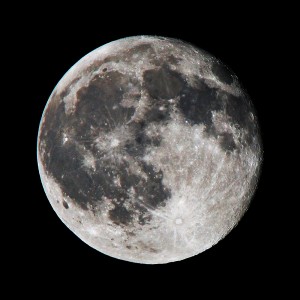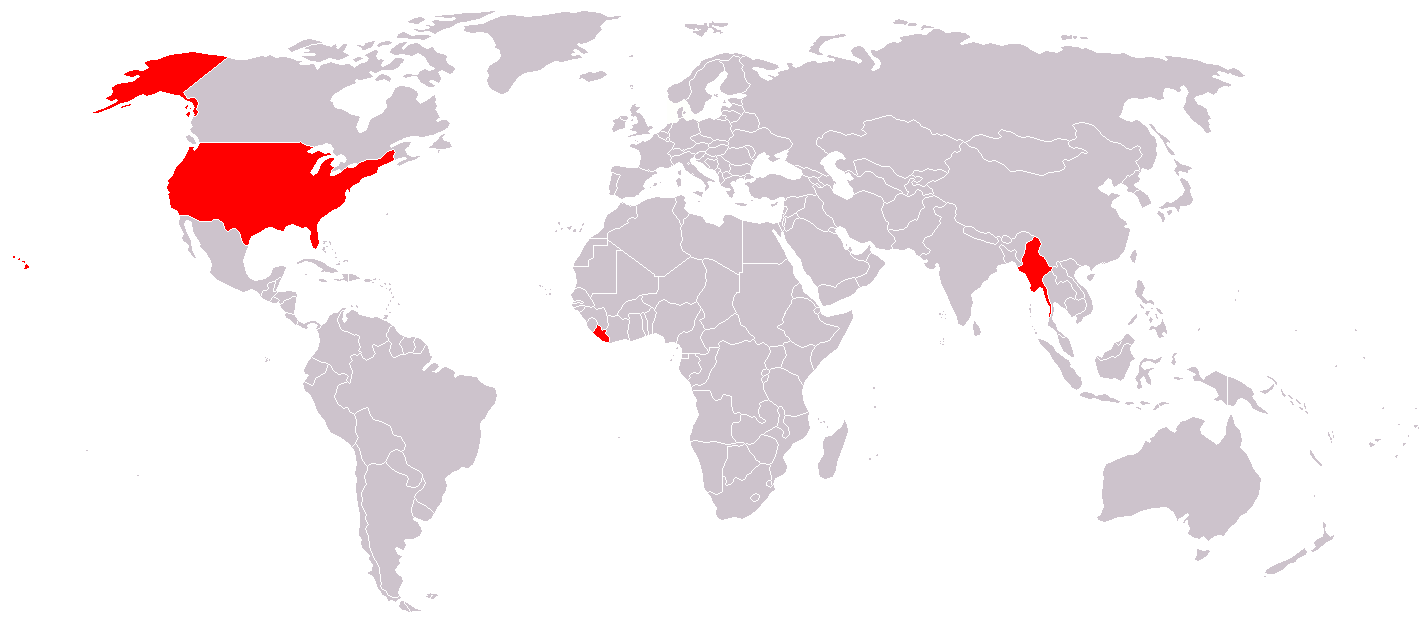My last post on why “America Did Not Win The Space Race” ruffled some feathers on Reddit and Twitter.
So before I go further let me put a few things straight:
1. Americans walked on the Moon. Period. Moon landing deniers waste everyone’s time.
2. I understand that most people refer to the “space race” as a period of time in which the United States and the Soviet Union were competing to see who could put a human on the Moon first, as delineated by president Kennedy.
3. Getting to the Moon is a big deal. One of the greatest accomplishments of humankind.
4. I am a red-blooded American that cheers for his country during international sporting events such as the Olympics and the FIFA World Cup.
My point in that post was that setting the Moon as the arbitrary and final goal for all space exploration is both near-sighted and dangerous. Humans must push further into space because A) there’s lots of stuff floating around space that can kill us, and B) there’s probably stuff out there we’d find useful and/or enjoy. It’s in our interest to spend the time and money to explore .
Therefore, the race is not over.
Mars here we come.
Huzzah.
In this installment I’d like to look at the question the other way round. What does it mean to win the space race? What kind of race are we talking about? Also, revisionist history.
First up.
Racing into space. There are lots of different kinds of races, you know. For instance, the Tour de France, possibly the most famous race in the world. Do you know how the winner of that race is determined? In stages. It’s not necessarily the guy who wins the final leg that wins the kit and caboodle. It’s how well you do in each stage combined.
Landing on the Moon and returning to Earth is a huge deal, as I’ve said.
You know what else is a huge deal?
1. Placing the first manmade satellite into orbit.
2. Putting the first living creature into space.
3. The first man in space.
4. The first woman in space.
5. Taking the first spacewalk.
6. Being the first to photograph the far side of the moon.
7. Launching the first probe to land on the moon and transmit from its surface.
You know who won each of these stages in the space race?
The USSR.
Now, I’m not picking a fight here. We put a human on the Moon. The United States also has a long list of lesser-known accomplishments in space. That’s fine and good. But it’s also not the whole story.
Maybe it’s because the race was birthed out of tense nationalism, and their success is still seen as our defeat, but I think it’s a shame that so few Americans know who Yuri Gagarin is. Any accomplishment in space is a human accomplishment, and one worth celebrating. American kids should learn about Soviet achievements –well enough to remember them— as well as celebrating our own.
What I’m saying is that the more jingoistic patriots among us forget that the race was only barely won by the United States, and only if you define winning as taking the last completed stage. Is it more significant to have put the first man in space or the first on the moon? It’s probably a silly question. Both were important, both were difficult. The Moon was more difficult to be sure, but as humanity advances further into the night sky, the Moon landing will one day be surpassed by something else.
How much more difficult will the Mars landing be?
If the Chinese put the first human on Mars will we have suddenly lost the space race?
We can stomp our foot and say, “But we were the first to the Moon!”
To which Russia will respond, “Yes, but we were the first in space.”











One response to “Then, Who Won the Space Race?”
The Russians (Soviets) did rocket the first man into space, but before Gagarin, they baked one! I shouldn’t make light of that.
I hadn’t heard that the Chinese were opting for Mars. Veddy interesting!
I’ve often heard, vis a vis the Space Race, that our German scientists were better than their German scientists. So I suppose that means the Chinese are actually out of the picture concerning Mars:)